Category: ICTD
-
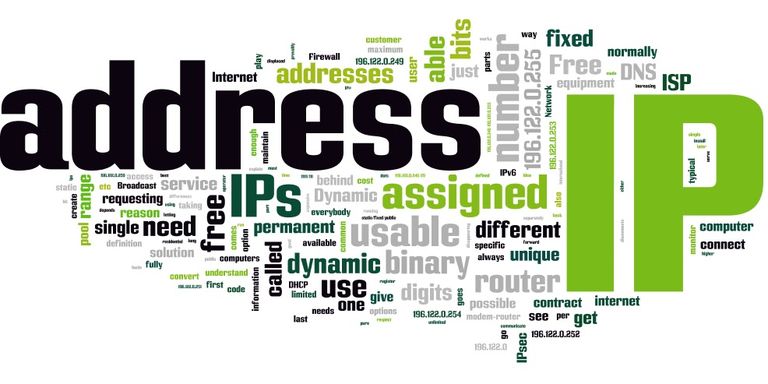
Global Allocation of IP Addresses
Akami recently published its latest State of the Internet report for the 3rd quarter of 2016. As a content delivery provider, Akamai has access to real-time data on the status of Internet traffic and even monitors Internet attacks by country. Using primary data, Akamai reports summarize Internet traffic by quarter for over 150 countries. The…
-
Towards a Philosophy of Technology
Written back in 1984, the content of Albert Borgmann’s book loudly resonates today. Borgmann argues that contemporary life is shaped by technology that stamps its imprint all over the place, and can even define its whole character. However, such a pattern is not usually evident nor always utterly dominant as technology has to compete with…
-

Internet and more in Guyana
The first time I ever visited Guyana was in July 1997. Back then, I was working for UNDP, running a global project called the Sustainable Development Networking Programme, SDNP, whose primary goal was to promote access to information via the use of new technologies such as the Internet. At the time, the Internet was still…
-

Blockchain and the Future of Society
Alongside artificial intelligence and robotics, Blockchain technology is enjoying widespread popularity around the globe. The surrounding hype seems to increase by the minute. Pundits and supporters see a plethora of applications for the technology not limited just to the financial sector. But to the average person, Blockchain technology is mystifying, given its technical complexity. If you…
-

Uber in Abuja
Last March, Abuja, the Capital of Nigeria, became the 400th city where Uber has launched operations. However, it was not the first city in the country as Uber started operations in Lagos 18 months earlier. A couple of weeks ago I was in Abuja for business reasons. I spent there almost two weeks. The hotel…
-
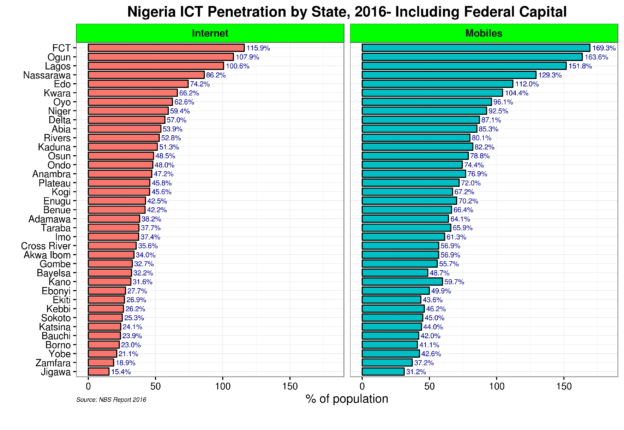
Status of ICT diffusion in Nigeria
I have been engaged on a short term Nigeria-based consultancy on the role ICTs1 Just in case, ICTs = Information and Communication Technologies. could play in promoting citizen engagement in public policy and decision-making processes – or what some call e-participation. Part of the job requires research on the rate of ICT diffusion in the…
-

Relation between ICT Adoption and State Capacity
Introduction According to many observers, the rapid diffusion of new ICTs such as the Internet and social media has empowered people worldwide. Today, social media users, for example, have direct access to the public sphere and can thus launch campaigns to sway public opinion. These new channels have given voice to millions of people who…
-
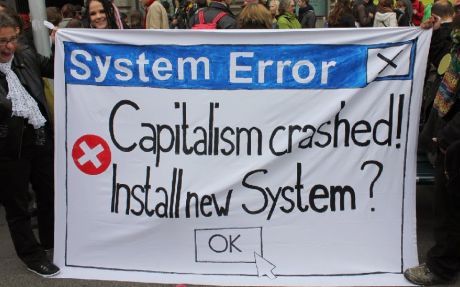
Is Postcapitalism on its way?
For most people, including many well-known economists, the 2007 global economic crisis was a rude awakening: It seemed to have come out of nowhere, but it certainly managed to bring deep pain to billions of people – and pockets. Soon thereafter, calls to revisit Marx’s theory of capitalism became frequent from both left and right.…
-
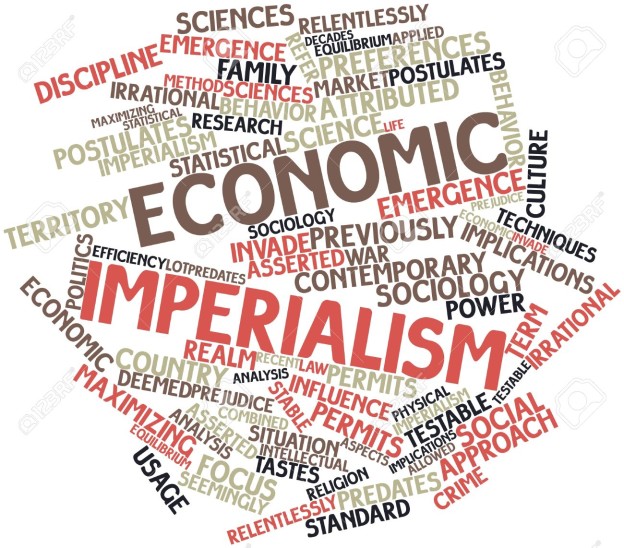
Technology and Development in History
Nowadays, the pace of technological diffusion worldwide is unprecedented. This is true for information and communications technologies (ICTs), best represented by the Internet (and all its newer platforms) and mobile technologies. Most will also agree that technology plays a decisive role in fostering economic development and growth. While that might be true in some contexts, was…
-
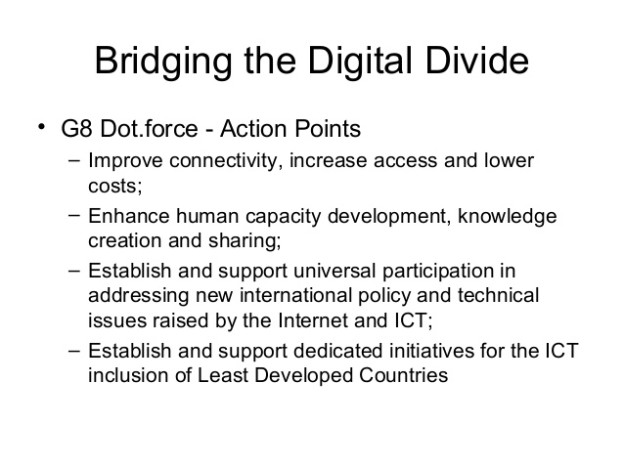
Digital Dividends Déjà Vu
Background The first time I run into the notion of digital dividends was at the end of the last century. At the time, the first dot-com boom still running at full steam, totally unaware of the looming crash. Building on the hype of the new technologies and of the Internet in particular, the G-8 launched…
-
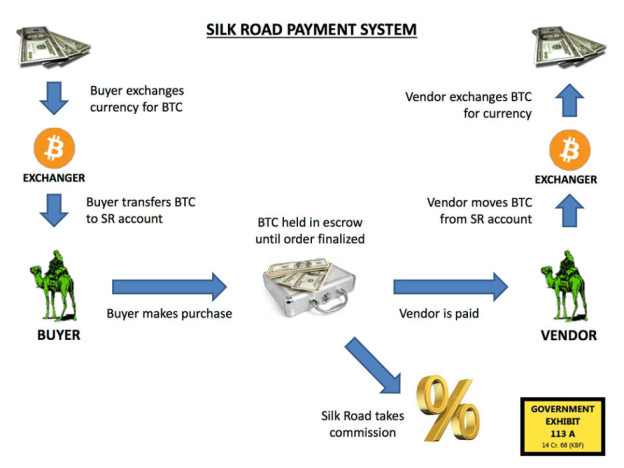
A “social” history of Bitcoin?
A recent article by one of its lead developers argues that Bitcoin, defined as an experiment, has utterly failed. While the initial concept was to develop a form of digital money that was completely decentralized and autonomous from any bank or institution, today, Bitcoin is controlled by a few people. Besides, Bitcoin technology has now…
-

Humans vs. Robots: A False Dilemma?
Nowadays, autonomous vehicles are all the rage. We even hear that perhaps in a few years cars will make human drivers obsolete. Instead, roads and highways will be filled with vehicles that drive themselves and carry humans as passengers only. We are also informed that such vehicles will increase safety, at least for accidents triggered by…
-

How the West Came to Rule: Book Review
What role if any did non-Western nations played in the emergence of the West as a dominant historical force? This seems to be the key question the comprehensive book by Anievas and NIsancioglu attempts to answer. The problem is undoubtedly closely related to that of the emergence of capitalism in Western Europe and the role…
-

New Technology and Surveillance: An Odd Couple?
Snowden’s revelations had put into evidence the seemingly strong link between new technologies such as the Internet and the capacity of some states to harness it as a tool for massive surveillance in real time. As some had argued, these revelations were not that shocking after all as they only confirmed what many have been…